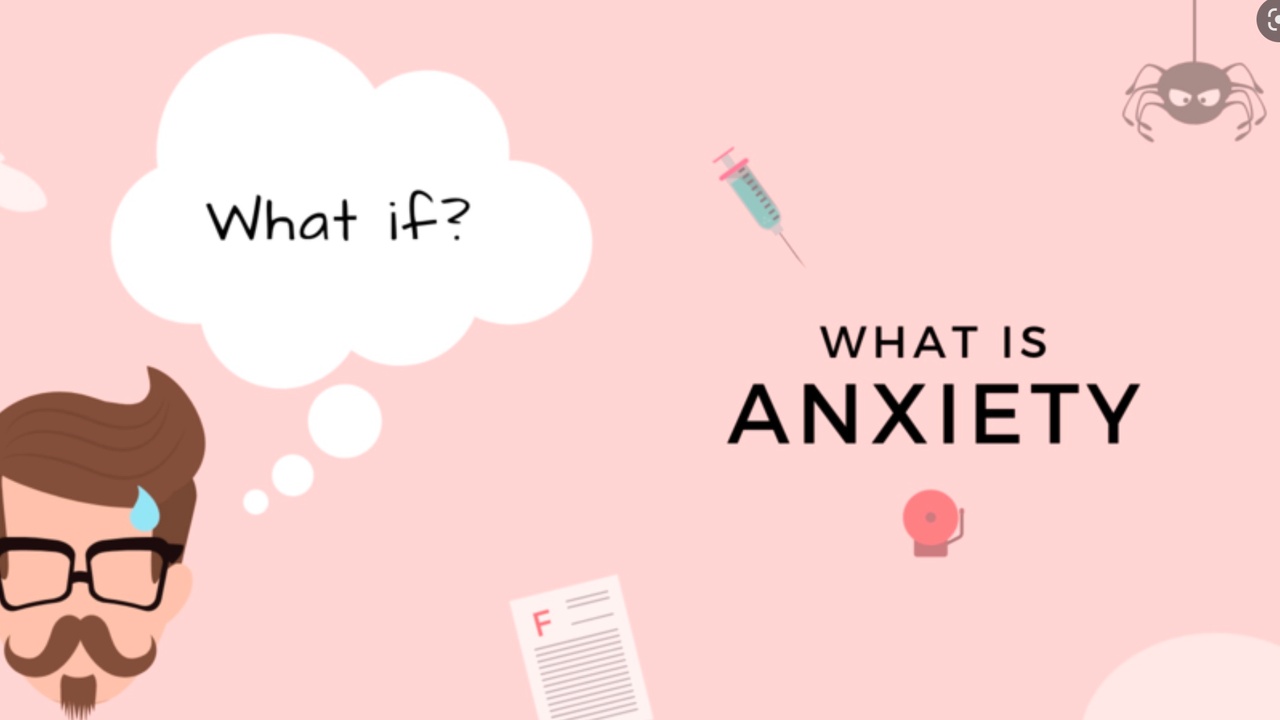Nine Days Anxiety 😟
Aug 02, 2022
Someone recently asked how I decide what to write about each week. I’m like “um. I thought that was kinda obvious!” Typically, what I write about is simply the theme of my actual week. Sometimes it's a personal situation, sometimes it's a friend or a client’s predicament, sometimes it is current events or what we are all going through together…but in every instance the Newsletter aims to reflect something real. And this week’s newsletter is no different.
I guess you can call this My Diary.
A few months ago, I wrote a Newsletter about Anxiety. (In fact, I just re-read it and enjoyed it again! 🤣) I highlighted one way to combat anxiety - that is - to find a place a neutrality.
But now, during the Three Weeks, and particularly the Nine Days, which are infamous for bad occurrences and mourning bad occurrences – I can’t help but feel an elevated level of anxiety.
How are we supposed to get through a time period when we are waiting for “the other shoe to drop”? Waiting to hear about a freak accident? Or terrible news? Or any other news that totally freaks us out and threatens our safety?
I was never an anxious person by nature, but as I get older, I do worry more. I assume I’m not alone. We have more responsibilities and more people we love to worry about. Additionally, because of technology and the speed by which news travels, we are all highly exposed to many catastrophic events. And so, I am more anxious than ever. Especially during the Nine Days.
Parenthetically, I spoke to a prominent Rav who explained that fear and anxiety are not the emotions Chazal intended for us to feel during this sad time. And that not everyone has this approach to this time period. Some mourn but also focus on the hope and anticipation of better times.
But I will stay in my therapy lane and deal with the question of - what if you are feeling anxious emotions now? What about our children who are anxious to begin with? How can they manage the scary times?
Not that I’m trying to make all my non-anxious readers anxious, but it’s my diary, so I’m being honest: my “what-if” brain is on high alert nowadays.
We all crave safety.
Now what?
(There are many ways of dealing with anxiety. In fact, I created a popular Virtual Course, Anxiety Made Simple. to explain everything you need to know about anxiety and how to help ourselves and our children manage anxiety.)
But for the purposes of this Newsletter, how can we calm our brains and our bodies down from our anxiety?
So today, let’s focus on two (of the many) ideas:
- EXHALE SLOWLY. Don’t roll your eyes at me! It took me a while until I believed that this worked. But, when your mind is flooded with all the what-ifs, and all the ways that anxiety builds on itself – notice that. And then BREATHE OUT. (Last week we spoke about trauma here. Worth reviewing and understanding why trauma is so traumatic!) When your body is in “fight or flight”, or stressed with anxiety, one very effective way to calm down our nervous system is to breath out a LONG EXHALE. Make your exhale longer than your inhale. When we take short breaths, (in the extreme this is known as “hyper-ventilating”) we are more likely to feel our anxiety intensely. To combat that, we extend our breathing and biologically that will calm ourselves down. This is a great trick to teach ourselves and our children. Breathing through the moment actually works. And it’s relatively easy to remember during an anxious moment. Turns out, It’s not just a science lesson!
- Anxiety is about certainty and control. Anxiety is persistent. And anxiety is not logical. If you are wired for high levels of anxiety, a logical answer will not help. Your brain will continue to ask “what-if?” Because, that is how the anxious brain is wired. We must learn how to LEAN INTO the discomfort of anxiety. Validate that we are uncomfortable not knowing how things will play out. When a child/adult asks incessant questions or has many anxious thoughts racing through their mind, resist the common urge to provide reassurance. Rather, lean into the discomfort and say “this anxiety is really uncomfortable.”
To fully understand why reassurance doesn’t work, and to learn many more ways to manage anxiety, check out ANXIETY MADE SIMPLE.
Wishing us all a peaceful week. And an easy and meaningful fast.
💕,
Shifi





